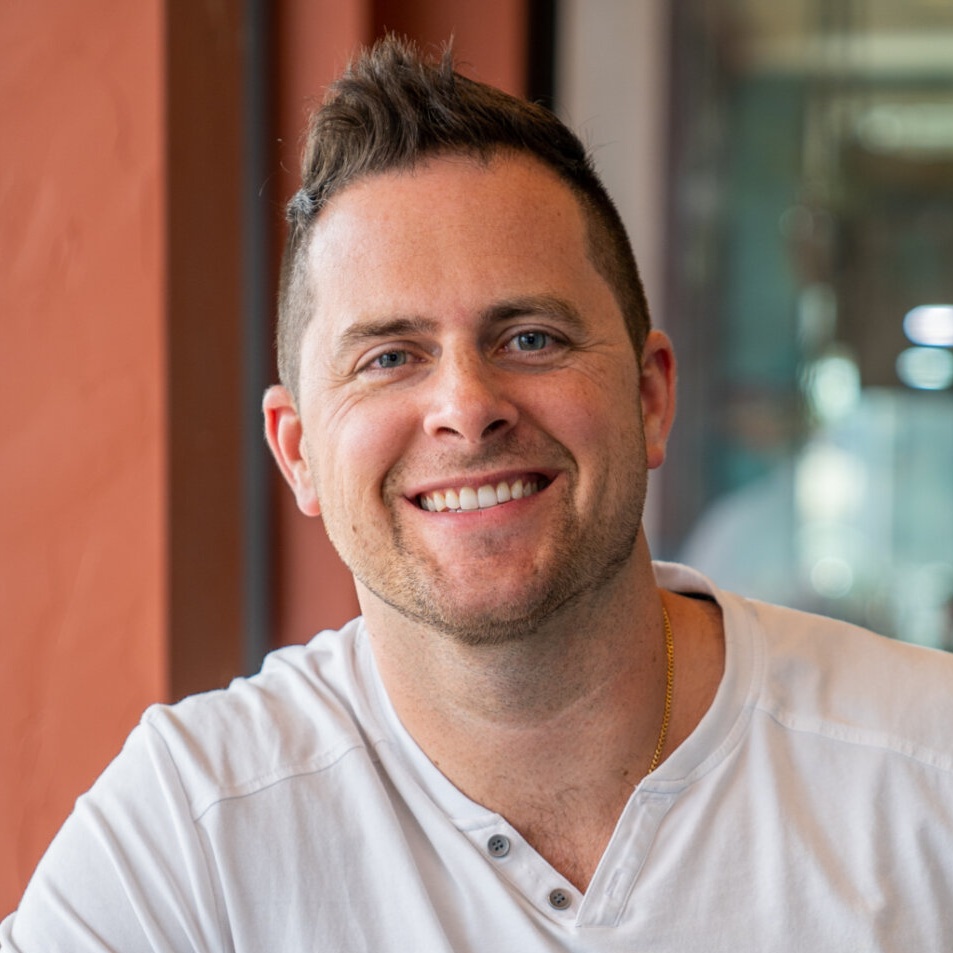What trademark class do electrical goods fall under?
Good question. It really depends on what kind of electrical products you’re selling.
For example:
- Light bulbs? That’s Class 11.
- Hand tools? Usually Class 8.
- Something like battery chargers? Most likely Class 9.
Class 9 is kind of a catch-all for a wide range of electrical items, especially things like chargers, sockets, cables, and other tech accessories.
But here’s the thing: “electrical goods” is way too vague for the USPTO. You’ll need to be much more specific. Like, are we talking about surge protectors? Electric screwdrivers? Smart home devices?
Bottom line: You really need to pin down what you’re selling. The best move is to talk to an attorney and get a consultation. It’ll save you a lot of back-and-forth with the Trademark Office later.
What if someone picks the wrong class and files anyway?
Well… it happens more often than you’d think.
If you’re lucky, and the examining attorney is helpful, they might point you toward the correct class. But if your application includes several items that cross into different classes, it can turn into a mess.
You might get a letter back with corrections, or even six separate applications to deal with. That’s time-consuming and more expensive.
Best advice? Do it right the first time. One short chat with a trademark lawyer can save weeks of frustration.
Can two people apply for the same patent?
This one gets asked a lot. There are really two ways to look at it.
1. Co-inventors working together?
Yep, you can file together. Just make sure everyone’s listed as an inventor, and ideally, work with the same attorney. Down the line, if you’re forming a company, you can both assign your rights to that business. That way, the company holds the patent, not individuals.
2. Two people invent the same thing separately?
Then it’s all about who files first. U.S. patent law runs on a “first to file” system. So even if you invented it first, but someone else filed before you, they get the patent.
That’s why timing is key. As soon as your idea is developed enough that someone skilled in your field could build it, you should file.
Before that, though, we always recommend a patent search. Especially if the invention is outside your usual area. A good search will help spot existing patents that could be a problem, and help you file with more confidence.
Can two people own the same trademark?
Technically yes… but it can get messy.
We’re dealing with a case right now where a trademark is co-owned by a company and an individual. No one remembers how that happened, and the original attorney is long gone. Now it’s a headache.
So yes, it’s allowed. But should you? Probably not. Shared ownership leads to confusion, especially if one party wants to sell, license, or enforce the mark. It’s much cleaner if one person or entity owns it.
Are translation services available for patents?
They are, but let’s talk about what that means.
If a foreign patent exists in, say, Chinese, and it might be similar to your invention, the USPTO still considers that “prior art.” They don’t just look at U.S. patents. They’re supposed to search worldwide to see if your invention is truly new.
So yeah, they use translation tools, some manual, some automated, to review patents in other languages. No, examiners don’t speak every language, but they have systems to help them do their job.
What about you? Say you want to check if you’re infringing on a Chinese patent. Unless that company filed a U.S. patent, too, you don’t need to worry. U.S. patents only protect inventions within the U.S. If they didn’t bring it here, you’re fine, at least legally.
